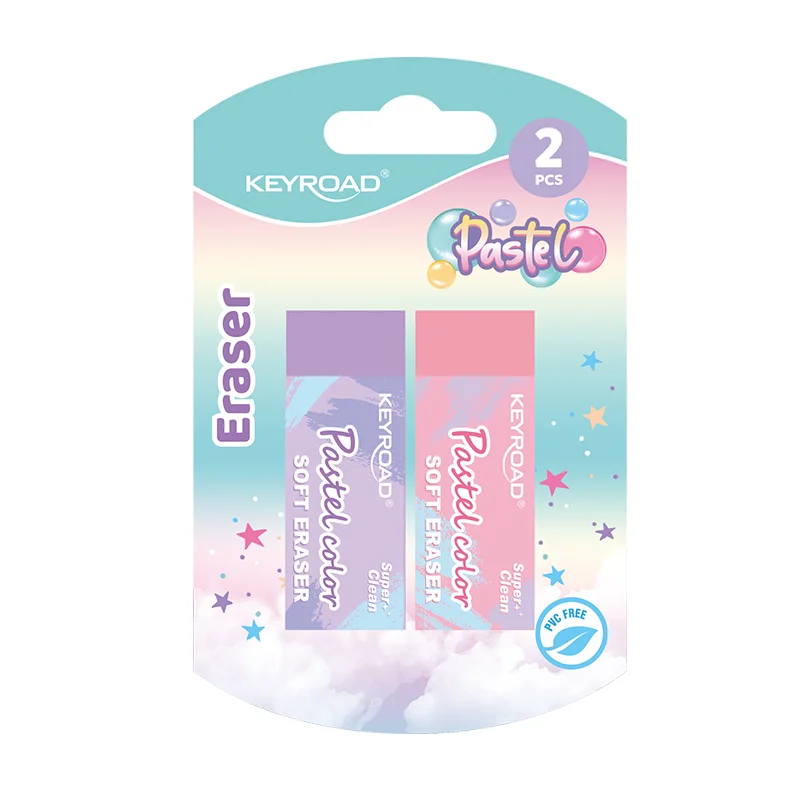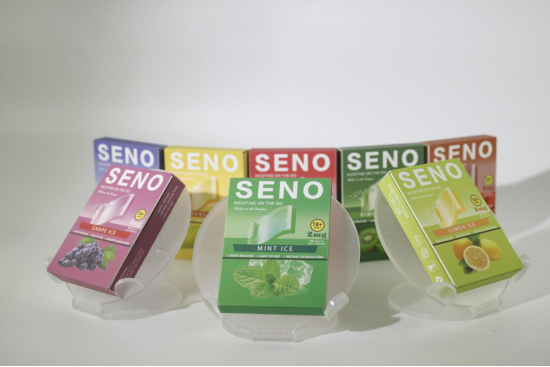When it comes to personal care, selecting the right deodorant is often an overlooked yet crucial decision. With a plethora of options available on the market, ranging from antiperspirants to natural alternatives, the question arises: How do I choose the right deodorant? This guide aims to provide you with a nuanced understanding of deodorants, helping you make an informed choice that aligns with your lifestyle, skin type, and personal preferences.
Understanding the Basics: Deodorants vs. Antiperspirants
Before diving into the selection process, it’s essential to understand the difference between deodorants and antiperspirants.
- Deodorants are designed to mask or neutralize body odor caused by bacterial growth on sweat. They typically contain antimicrobial agents and fragrance to combat odor.
- Antiperspirants, on the other hand, contain aluminum-based compounds that temporarily block sweat glands, reducing perspiration. This is particularly beneficial for those who experience excessive sweating (hyperhidrosis).
Assessing Your Needs: Factors to Consider
- Skin Sensitivity:
If you have sensitive skin, it’s crucial to choose a deodorant that is free from harsh chemicals, alcohol, and synthetic fragrances. Look for products labeled as hypoallergenic or formulated for sensitive skin. Natural deodorants often contain soothing ingredients like baking soda, arrowroot powder, or essential oils, which can be gentler on the skin. - Activity Level:
Your lifestyle plays a significant role in determining the right deodorant. If you lead an active lifestyle or engage in sports, consider an antiperspirant that offers long-lasting protection against sweat and odor. For those with a more sedentary lifestyle, a standard deodorant may suffice. - Fragrance Preference:
The scent of your deodorant can significantly impact your overall experience. Some individuals prefer strong, long-lasting fragrances, while others may opt for unscented or lightly scented options. Be mindful of how fragrances can interact with your body chemistry, as some scents may become overpowering when mixed with natural body odors. - Environmental Considerations:
With the growing awareness of environmental issues, many consumers are leaning towards eco-friendly products. Look for deodorants that use sustainable packaging, biodegradable ingredients, and cruelty-free practices. Brands that prioritize transparency in their ingredient sourcing often resonate well with environmentally conscious consumers.
Ingredients Matter: What to Look For
When selecting a deodorant, it’s essential to scrutinize the ingredient list. Here are some key components to consider:
- Aluminum Compounds: Commonly found in antiperspirants, these compounds are effective in blocking sweat but have raised health concerns. If you prefer to avoid aluminum, opt for natural deodorants that do not contain these ingredients.
- Baking Soda: A popular ingredient in many natural deodorants, baking soda neutralizes odor but can cause irritation for some individuals. If you have sensitive skin, consider products with lower concentrations or alternatives like magnesium hydroxide.
- Essential Oils: These natural fragrances not only provide scent but also possess antimicrobial properties. Look for deodorants that use essential oils like tea tree, lavender, or eucalyptus for added benefits.
- Alcohol and Parabens: These preservatives and astringents can be harsh on the skin. Opt for alcohol-free and paraben-free options to minimize irritation and potential allergic reactions.
Testing and Transitioning: Finding Your Perfect Match
Once you’ve narrowed down your options, it’s time to test a few products. Keep in mind that your body may require an adjustment period, especially when switching from conventional antiperspirants to natural alternatives. Here are some tips for a smooth transition:
- Patch Test: Always conduct a patch test on a small area of skin to check for any adverse reactions before applying the product more broadly.
- Give It Time: Allow your body a few weeks to adjust to a new deodorant. During this time, monitor how well it controls odor and sweat.
- Stay Hydrated and Maintain Hygiene: Proper hydration and regular bathing can significantly impact how well your deodorant performs.
Conclusion: Your Personal Choice
Choosing the right deodorant is a personal journey that requires careful consideration of your unique needs and preferences. By understanding the differences between deodorants and antiperspirants, assessing your lifestyle, scrutinizing ingredients, and allowing time for adjustment, you can find a product that not only keeps you feeling fresh but also aligns with your values. Remember, the best deodorant is one that works for you, enhances your confidence, and fits seamlessly into your daily routine.






